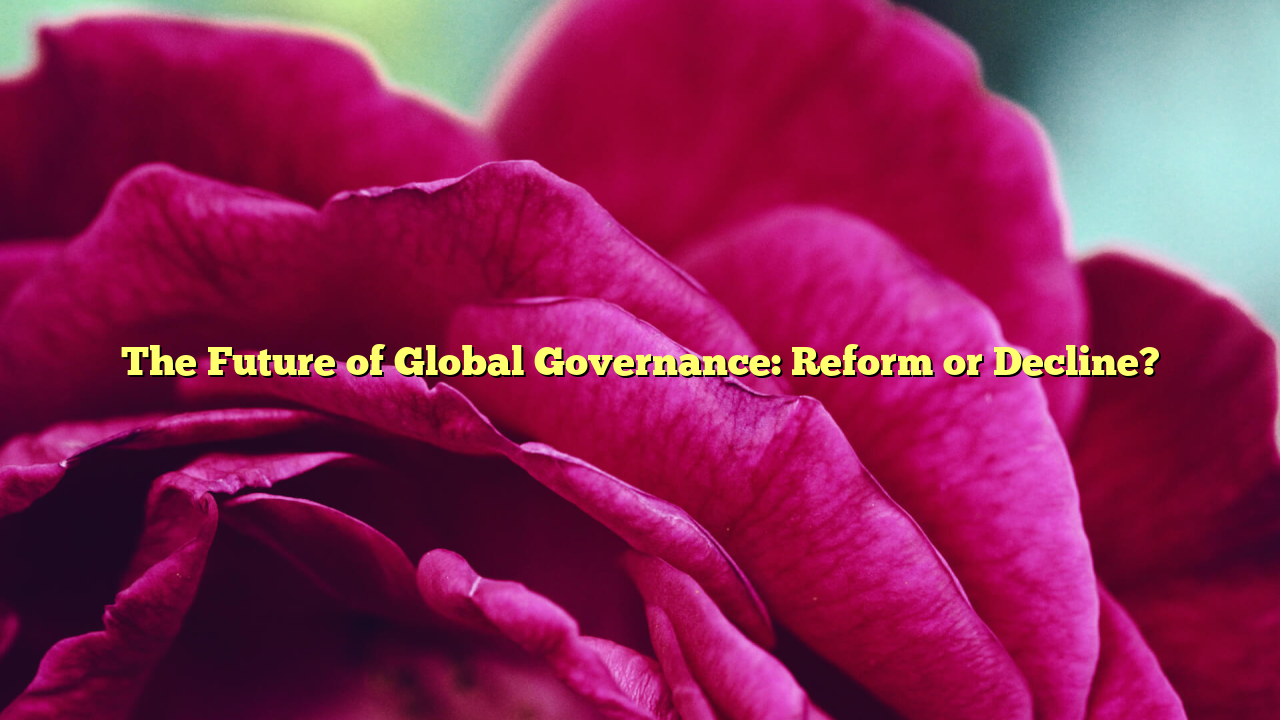As the 21st century’s geopolitical landscape grows more complex, the future of global governance hangs in the balance. Institutions like the United Nations, World Bank, and World Trade Organization face declining relevance amid rising naga169 slot nationalism and power competition.
At the UN General Assembly this year, member states voiced frustration over the Security Council’s paralysis, particularly regarding conflicts in Ukraine, Gaza, and Sudan. Calls for reform—including expanding permanent membership to include nations like India, Brazil, and Nigeria—have gained traction. Yet major powers remain divided on implementation.
“The UN reflects a world that no longer exists,” said Ambassador Amina Yusuf of Nigeria. “We need institutions that represent today’s realities, not the post-World War II order.”
Multilateralism is also under pressure from economic fragmentation. Competing trade blocs—such as BRICS+, the Indo-Pacific Economic Framework, and the EU—are redrawing the global map. While these alliances offer new opportunities, they also risk undermining universal cooperation.
Technology governance presents another challenge. With artificial intelligence, data privacy, and cybersecurity becoming central to politics, nations disagree on how to regulate innovation. Western democracies favor transparency and ethics, while authoritarian states prioritize control and sovereignty.
Climate change, pandemics, and inequality demand coordinated responses, yet trust among nations is at an all-time low. The G20 has managed limited progress, but experts warn that without institutional reform, global crises will outpace political solutions.
Despite skepticism, there are signs of adaptation. Regional organizations such as the African Union and ASEAN are stepping up to fill governance gaps. Civil society and private sectors are increasingly shaping global norms through advocacy and innovation.
“The question isn’t whether global governance will survive—it’s how it will evolve,” said Dr. Richard Han of the Carnegie Endowment. “The world is shifting from centralized power to networked cooperation.”
Whether that transformation brings renewal or decline will depend on leaders’ willingness to share responsibility in an age defined by interdependence.



